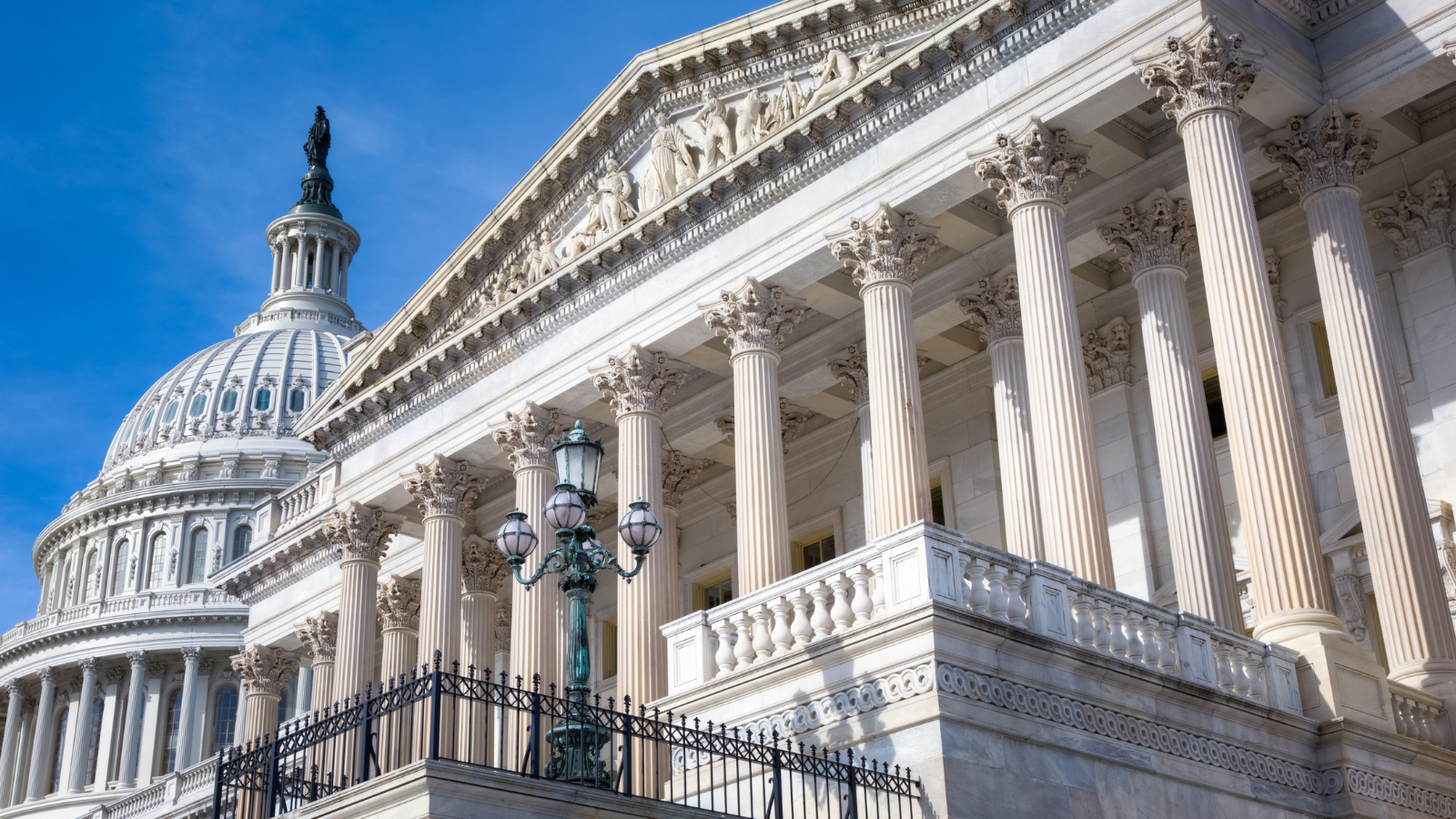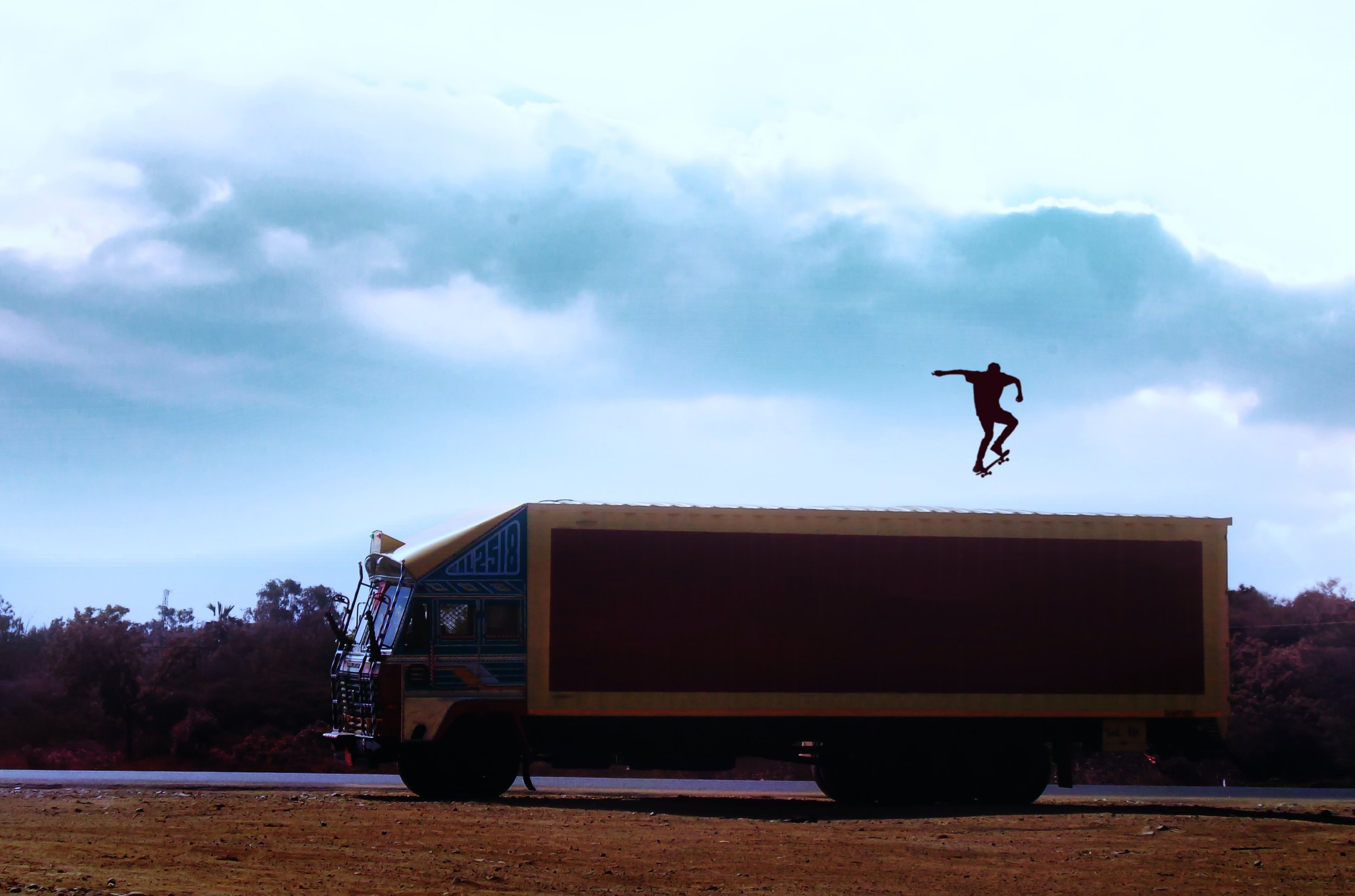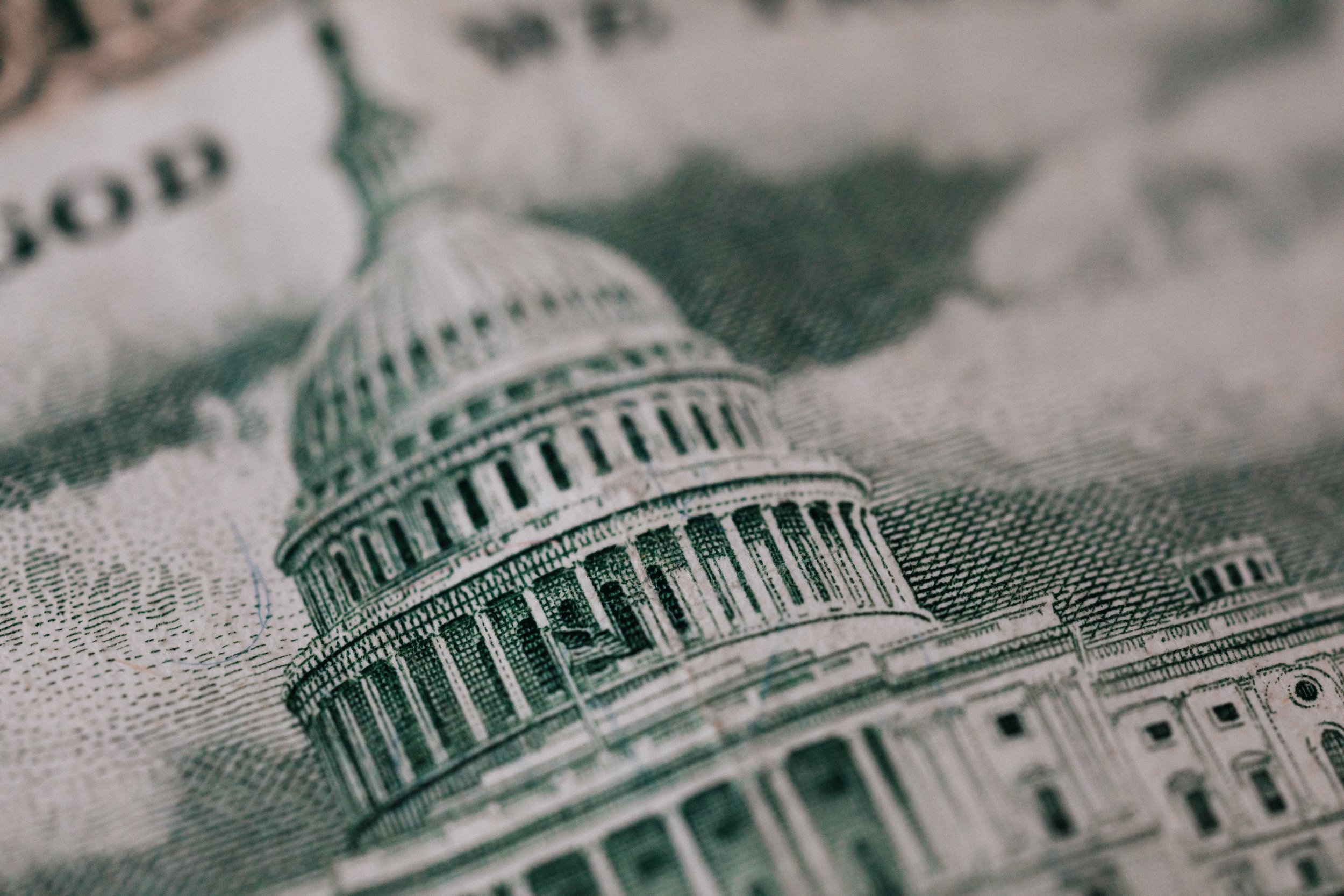Battle over Tailpipe Emission Regulations Intensifies between State Attorneys General
Republican and Democratic attorneys general are clashing over the Biden Administration's proposed regulations on tailpipe emissions. While Republican attorneys general argue that the plan would harm the economy and threaten energy security, their Democratic counterparts are pushing for more stringent requirements to combat climate change.
The dispute extends to the regulation of big rig emissions as well, with industry representatives and officials expressing concerns about the feasibility and impact of the proposed rules.
In the Netherlands, a new European Hyperloop Center has just opened, featuring a quarter-mile long white steel tube that might revolutionize how we travel and transport goods.
Public transport services in Germany came to a halt as strikes organized by the Verdi union over working hours swept across 14 states, including Berlin.
Imagine zipping from New York to Los Angeles in less than an hour or hopping from London to Paris in just 15 minutes.
Federal officials have turned down Alaska's multi-year transportation plan, risking delays in summer construction and jeopardizing billions in federal grants.
Ryder System is expanding its dedicated transportation services through the acquisition of Cardinal Logistics, previously owned by H.I.G. Capital.
After a few intense days, the fire that blazed in the cargo hold of the Genius Star XI - a huge cargo ship hauling lithium-ion batteries from Vietnam to sunny San Diego - is finally out.
Transportation Secretary Pete Buttigieg has been actively promoting the Biden administration's infrastructure initiatives, emphasizing the progress made on various projects, including the Infrastructure Investment and Jobs Act (IIJA).
The North Central Texas Council of Governments (NCTCOG) is implementing a five-year intelligent traffic signal optimization program in the Dallas-Fort Worth area to reduce the number of stops for trucks at traffic lights.
A recent visit to Ceagesp Market in Sao Paulo, Brazil, provided a unique cultural experience for an American traveler.
In their commentary published in The Baltimore Sun, Samuel Jordan, Eric Norton, and Michael Scepaniak criticize Baltimore's new regional transportation plan, Resilience 2050, for perpetuating an automobile-centric approach.
A female truck driver was fired by Groupe Robert, a Canadian trucking company, after a crash on June 30th, 2022.
The American Trucking Associations' For-Hire Truck Tonnage Index rose 2.1% in June, following a 1.2% increase in May.
The transportation funding committee in the U.S. House of Representatives will consider a fiscal 2024 transportation bill, which would allocate $90.2 billion for the Departments of Transportation and Housing and Urban Development.
OOIDA President Todd Spencer provides insight into the alleged driver shortage in the trucking industry, attributing it to the inability of large fleets to retain drivers rather than a true shortage.
A recent survey conducted by Cover Whale and The Trucker Media Group shows that truck drivers frequently encounter unsafe driving behaviors on the road.
A recent survey conducted by Vivian Health reveals that work-related stress remains prevalent, with nearly half of the respondents reporting job stress
U.S. Transportation Secretary Pete Buttigieg has pledged to assist in the rapid repair of a section of Interstate 95 (I-95) on the East Coast, following its collapse in Philadelphia.
Transport and logistics company Geodis has acquired Southern Companies, a drayage provider that serves ports in the Southeast of the United States.
According to updated data from the Bureau of Labor Statistics, the unemployment rate in the U.S. transportation sector in May 2023 was 0.7% lower than in May 2019 before the COVID-19 pandemic began.
Artificial intelligence (AI) is revolutionizing the transportation industry, particularly in the areas of autonomous vehicles, intelligent traffic management, and predictive maintenance.
The U.S. House Committee on Transportation and Infrastructure has endorsed a series of bills, aiming to fortify and secure American supply chains against potential disturbances.
With almost 2 million long-haul truck drivers, unionization rates in the trucking industry are considerably low compared to other sectors in the United States.
Some state “no” - the real issue lies with the railroad industry’s lack of accountability and regulations after years of lobbying against compliance efforts.
Digital supply chain transformation is crucial for businesses to stay competitive in today's fast-paced and constantly changing marketplace.
Before selecting parts, the company should assess the type of trucks in the fleet, such as make, model, year, and weight capacity, as different types of trucks may require different parts.
To achieve the goal of a zero-emission future, the trucking industry needs to work together with various stakeholders, including government agencies, regulatory bodies, truck manufacturers, fleet operators, and others.
While some have speculated that Buttigieg would be aiming for a Senate seat in Michigan, he himself has stated he doesn’t plan on leaving the Biden Administration’s DOT anytime soon.
Transportation Management Systems (TMS) can monitor autonomous vehicles in the trucking industry by integrating data from various sources and using advanced analytics to provide real-time visibility into the performance and behavior of autonomous vehicles.
While some have voiced suspicions that the US Department of Transportation Pete Buttigieg may run for Senate in Michigan, the secretary himself is vocalizing his intention to remain in the Biden Administration































The U.S. is currently experiencing shortages of new weight loss drugs, including Zepbound and Wegovy, primarily due to soaring demand.